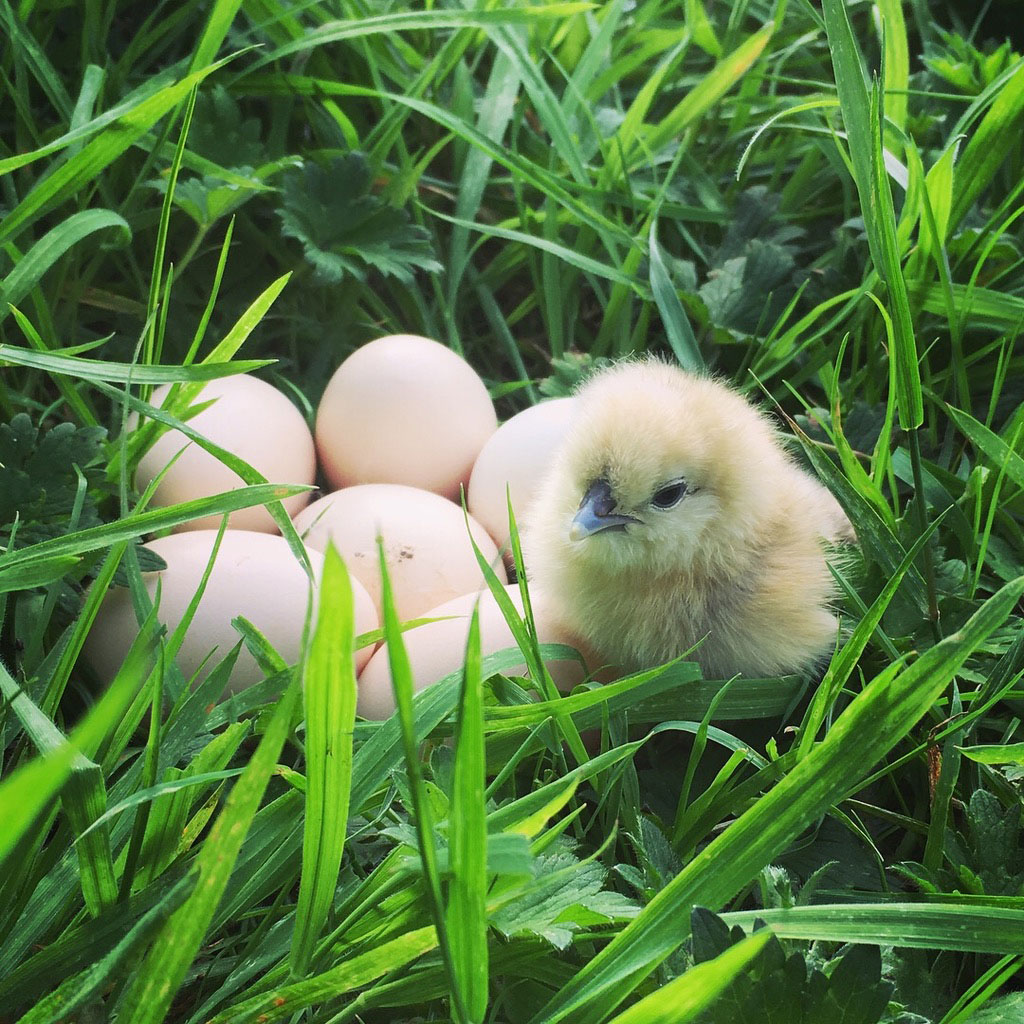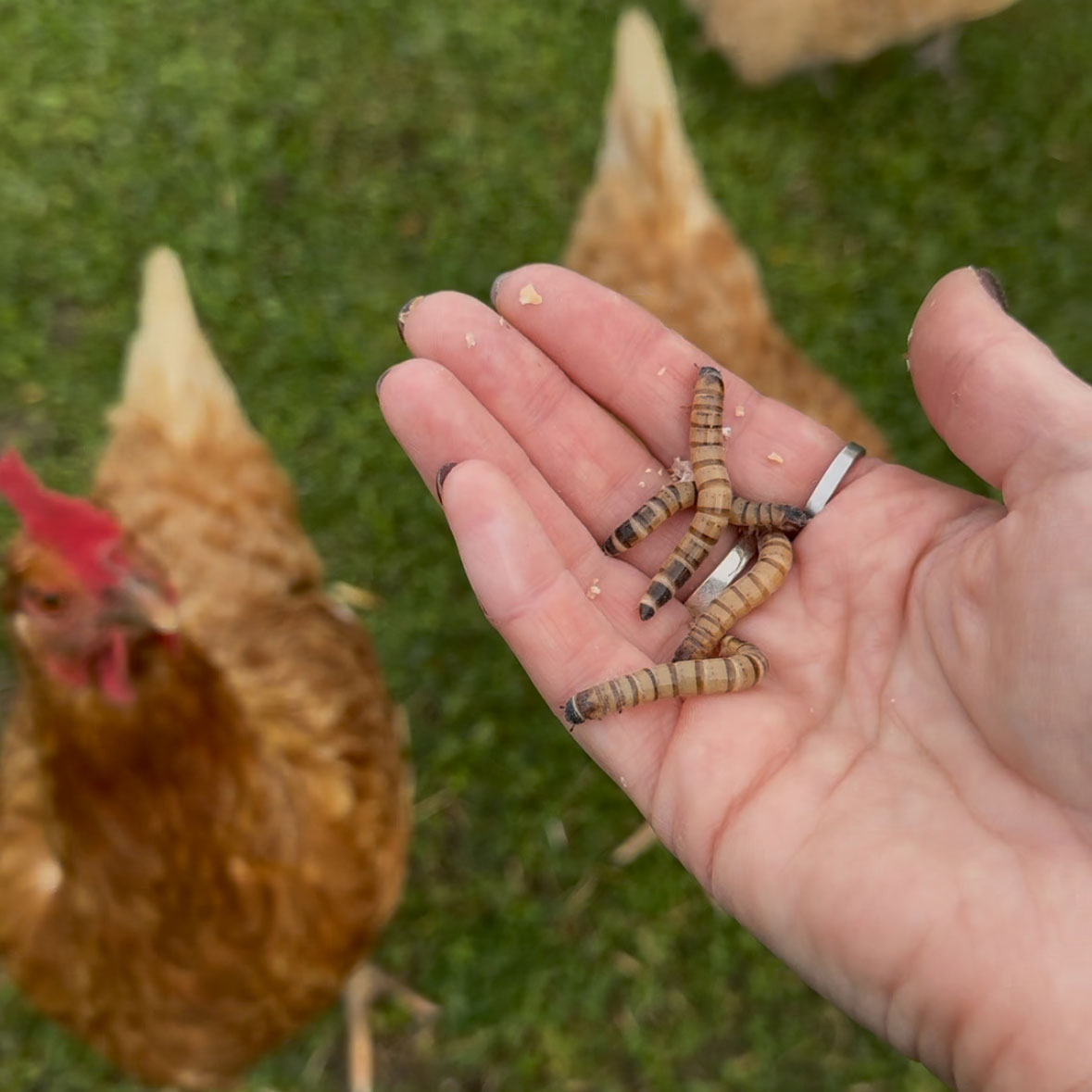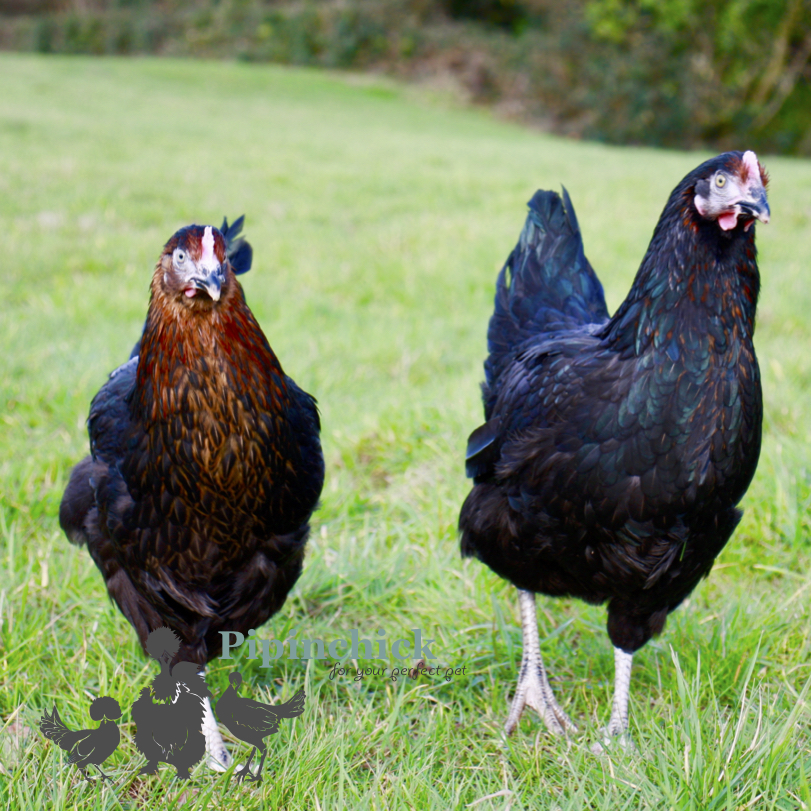


Why Happy Hens Lay Healthier Eggs
Keeping chickens is such a fun, wholesome, rewarding experience, and as any chicken owner will tell you, there is nothing quite like enjoying fresh eggs straight from your own hens. If you’ve ever cracked open an egg from your own flock and noticed a deep golden yolk or a sturdy, well-formed shell, you’ll know there’s something special about eggs that come from home-reared hens. When chickens are happy, relaxed, and free to live as nature intended, they don’t just live their best lives - they lay better, taster eggs that are actually healthier for you, too.
At Pipinchick, we know that keeping hens isn’t just about collecting eggs; it’s about ensuring they lead enriched, contented lives. Whether you’re new to chicken keeping or a seasoned hen enthusiast, understanding how happiness affects egg quality can make a world of difference.
The Link Between Happy Hens and Better Eggs
Hens are naturally inquisitive, social, and active creatures. Given the right environment, they will spend their days scratching, pecking, dust bathing, and foraging—instinctive behaviours that keep them physically and mentally well.
When a hen is happy, her body functions as it should. She digests her food efficiently, absorbs nutrients properly, and maintains strong bones and a well-balanced immune system. All of this contributes to better egg production, both in terms of quantity and quality.
On the other hand, stress, poor diet, and lack of space can have the opposite effect. A hen under stress may lay fewer eggs, experience shell deformities, or even stop laying altogether.
The Role of Foraging in Hen Happiness
One of the simplest ways to keep your hens happy is to encourage natural foraging. Given the chance, chickens will spend hours exploring, scratching at the ground, and hunting for tasty morsels. This isn’t just fun for them—it’s vital for their wellbeing.
Foraging offers several key benefits:
- A Natural Diet – When hens forage, they consume a variety of insects, seeds, grasses, and other natural foods. This enhances their diet with essential proteins, vitamins, and minerals, all of which contribute to strong eggshells and nutrient-rich yolks.
- Mental Stimulation – A bored hen is an unhappy hen. Foraging keeps chickens engaged and curious, preventing stress-related behaviours like feather pecking or excessive vocalisation.
- Exercise and Muscle Strength – Scratching, pecking, and moving around freely keeps hens active, supporting strong muscles and bone health—key factors in producing high-quality eggs.
If your hens don’t have access to large outdoor areas, you can still encourage foraging by scattering treats like mealworms, grains, or leafy greens around their run. Hiding food under straw or in hanging baskets also stimulates natural behaviours and keeps them entertained.
Read more about why hens love to forage here with plenty more tips on how to help them.
A Stress-Free Environment for Optimal Egg Production
Stress has a direct impact on a hen’s ability to lay eggs. A calm and comfortable environment ensures that your birds stay productive and healthy. Here are a few ways to reduce stress in your flock:
- Adequate Space – Overcrowding can lead to competition, bullying, and anxiety among hens. Ensure they have enough room to move freely, with separate areas for feeding, roosting, and laying eggs.
- Safe and Secure Housing – Hens feel safer when they have a cosy, sheltered space to retreat to at night. A well-built chicken coop protects them from predators and harsh weather, allowing them to roost undisturbed.
- Consistent Routine – Chickens thrive on routine. Keeping feeding, cleaning, and egg collection times consistent helps them feel secure and reduces unnecessary stress.
Diet: The Foundation of Egg Quality
What your hens eat directly affects the eggs they produce. A balanced diet rich in essential nutrients supports healthy egg formation and ensures strong shells and vibrant yolks.
- Calcium – Essential for shell strength. Provide a constant source of oyster shell grit or crushed eggshells to keep calcium levels high.
- Protein – Vital for feather growth and egg production. Chicken feed typically contains the right amount of protein, but supplementing with mealworms, sunflower seeds, or peas can be beneficial.
- Fresh Greens – Leafy greens, herbs, and vegetable scraps provide vitamins and minerals while keeping hens happily occupied.
- Clean Water – Always ensure fresh, clean water is available. Dehydration can quickly impact egg production and overall health.
Spotting the Signs of a Happy Hen
How can you tell if your hens are truly content? Look out for these signs of happiness:
- Bright, Alert Eyes – Healthy, happy hens are curious and engaged with their surroundings.
- Regular Egg Laying – A happy hen will lay consistently with eggs that have strong shells and richly coloured yolks.
- Active Foraging and Scratching – If your hens spend their days busily pecking at the ground, they’re in their element.
- Soft, Rhythmic Clucking – Contented hens make gentle, reassuring sounds rather than loud, distressed squawking.
- Smooth, Well-Groomed Feathers – A relaxed hen will take time to preen, keeping her feathers clean and well-maintained.
The Joy of Raising Happy Hens
Keeping hens is more than just a hobby—it’s a way to connect with nature, embrace sustainable living, and enjoy fresh, delicious eggs. When you focus on their wellbeing, you’ll notice the difference not just in their behaviour but in the quality of the eggs they produce.
At Pipinchick, we celebrate the joy of chicken keeping and the simple pleasure of raising a happy, healthy flock. By providing a natural environment, a nutritious diet, and plenty of opportunities for foraging, you’ll be rewarded with happier hens—and the best-tasting eggs you’ve ever had.
Our live chickens are for sale online, and Pipnchick are the UK’s number one most trusted pet poultry provider. We deliver happy, healthy chickens safely to your door. All our chickens are reared lovingly by us on our farm in the beautiful Chew Valley, just outside Bristol.



